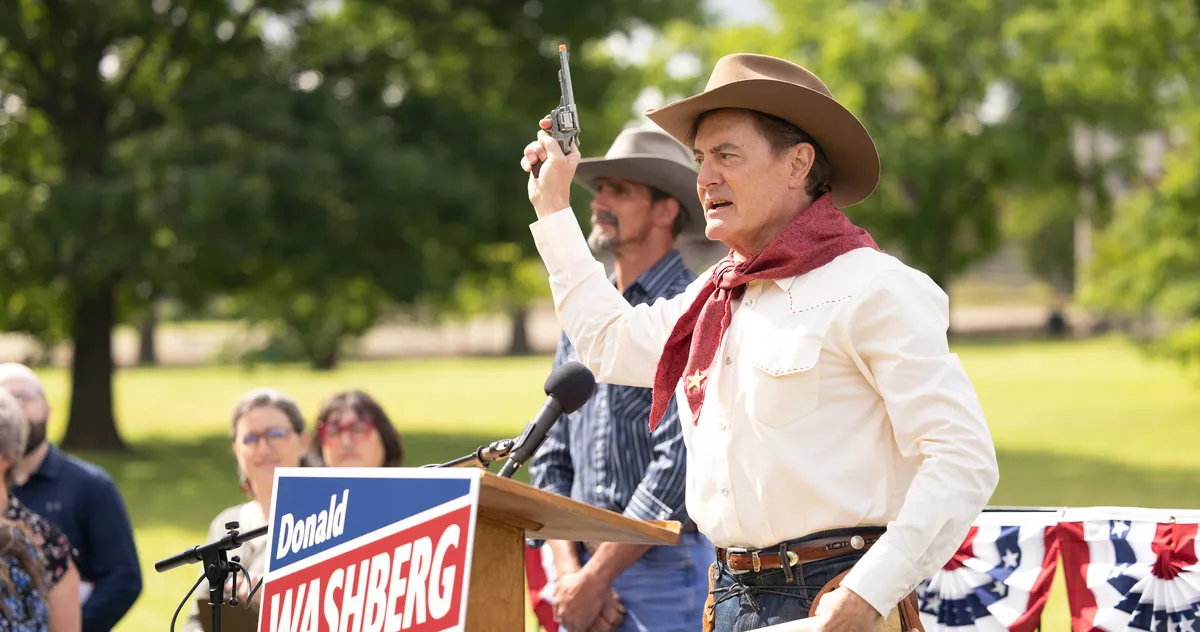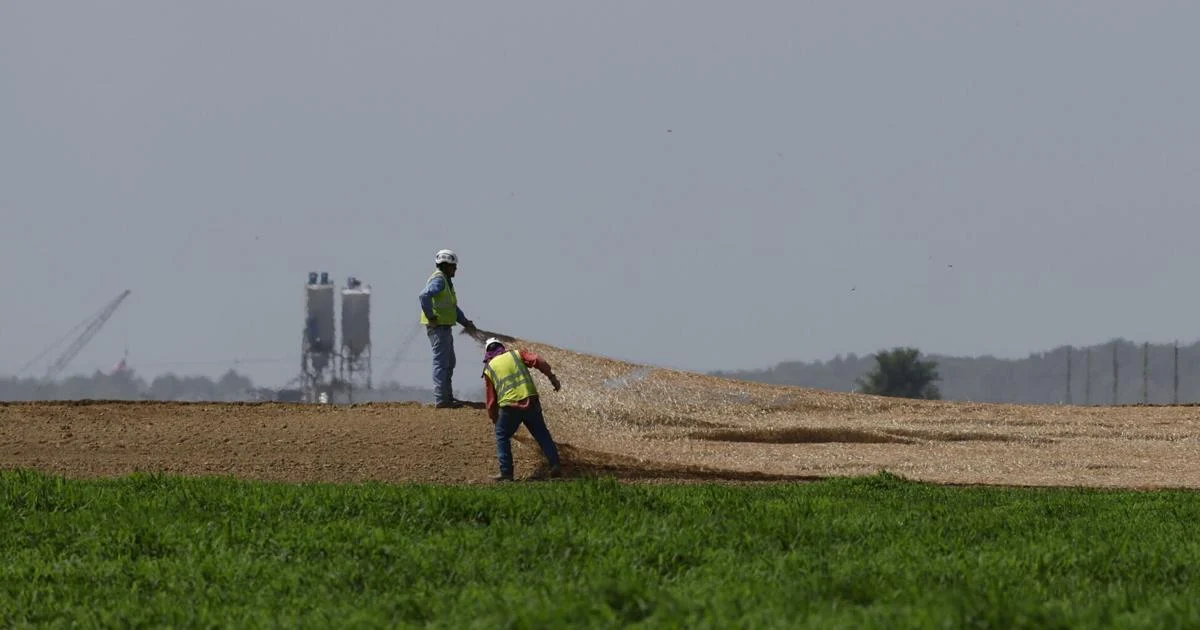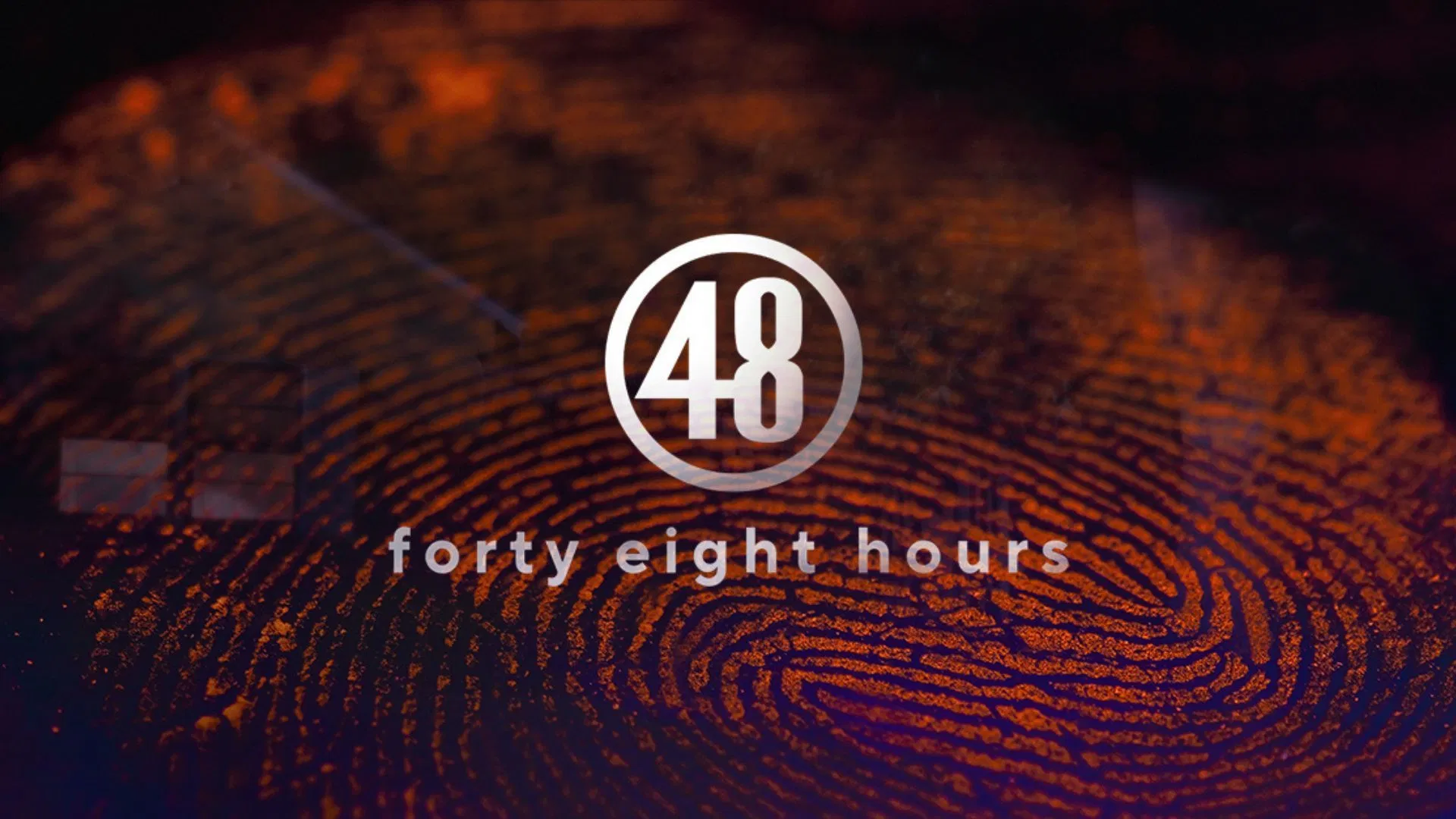Copyright Vulture

Penultimate episodes are tricky to pull off. These workhorses are usually tasked with maneuvering players into position for the final episode’s climax, ideally making the journey to those marks feel natural. Pacing is an issue. The audience can sense when a series has taken its foot off the gas, but penultimate episodes almost have to — characters can’t make too much headway. In lieu of major resolutions that could diminish the impact of the season finale, the loose ends of less important storylines get tied up, often to underwhelming effect. To some extent, these pitfalls are unavoidable. But “Tulsa Turnaround” suffers from a bigger problem: It just doesn’t feel like the next episode in the series we’ve been watching. Characters make incomprehensible choices. They interact in ways that don’t make sense. I suspected I was watching an episode that had been reverse-engineered from a predetermined finale rather than an episode that followed inevitably from what we’d just seen. Would a teenage girl as sharp as Francis really go to Ray — her dad’s boozy sorta-business colleague that she barely knows — for advice? Would Cyrus hand a loaded gun to a freelance employee who just admitted to losing his last gun? The episode starts off promising enough. Two men who represent two different bastions of power — god and country — in Oklahoma are making sermons of a kind. Pastor Mark is preaching about how hard it is to be a white person these days to a congregation that knows this tune by heart. His surprising case for segregation is that prisons are self-segregating, and white people still have power in the yard. It’s an unhinged homily and, to be fair, his flock doesn’t look too fired up about it. They nod politely. Elsewhere, Donald Washberg is stumping dressed like Will Rogers at the Ziegfeld Follies. He’s at some backwards fair where kids run relay races costumed like the Americans who first stole the 46th state from the Indians during the 19th-century land runs. They pull Radio Flyers outfitted to resemble conestoga wagons. It’s an insensitive recreation of a dark moment in history, and, much like the One Well crowd, no one seems jazzed to be there. The Indian activists who arrive to protest the event may be the only people who were even listening to Donald. The candidate looks appropriately humiliated to be shouted down by a group of peaceful citizens voicing reasonable opposition, but the stakes are low. These elementary schoolers aren’t likely voters. The episode is dotted with telling references to Oklahoma’s notorious history of racial intolerance, but its central plotline is the fallout from Lee’s unforgivable blabbermouthing. Now that Lee’s handed her an ace to play, Betty Jo self-liberates from the TV-free wasteland of Sunyata and arranges to meet Frank Martin, who gives her a big ol’ bag of cash in exchange for Arthur Williams’s whereabouts. Somehow, Lee will later be astonished at the betrayal of a woman whose family he villainized in the media and whose dead husband’s estate sale he crashed, just because they hooked up one time. Frank heads immediately over to Whispering Pines, where he attempts to buy Dale’s will from Arthur for a thousand bucks while also emphasizing that the document is obviously fraudulent and could get Arthur into a lot of trouble. But why not offer him more? Betty Jo — who was dead broke until an hour ago — would have told Frank about Arthur for, say, half a big ol’ bag of cash. Frank could have offered Arthur the other half, which Arthur may have accepted since his plan to ignore the existence of the will entirely was going to leave him dead broke, too. Arthur, sensing that Frank is a bad man, feigns an episode of dementia until Frank starts tossing the place for Dale’s will. When Arthur tries to stop the stranger who has invaded his home from rifling through his drawers, Frank shoves the frail man to the ground. Arthur finally agrees to locate the will for Frank, but in reality Arthur goes for his gun, maybe to shoot Frank or maybe just to scare him. There’s a brief historical flashback in which Frank’s face is transposed onto Arthur’s memory of his own grandfather’s murder by Nate Washberg. For me, the flashback is suggestive but not conclusive — maybe Arthur’s genuinely confused about the identity of the man in his house, or maybe this is his chance at revenge against the white men who have continually dispossessed his family and his people. Ultimately, it doesn’t matter. Frank shoots Arthur first, and Arthur dies on the floor of his ransacked apartment. Until now, it was only bad men dying over Indian Head Hills. Lee spends most of “Tulsa Turnaround” plumbing new depths of self-involvement from behind the wheel of his shitty van. Despite Arthur and Chutto insisting that they don’t want Dale’s second will made public, he drives over to Elijah at the Heartland Press and tells him he’s ready to go to print with the next chapter in his Washberg takedown series. The resuscitation of dormant side characters is another hallmark of penultimate episodes. Lee will later pop in to see Dan, the storefront lawyer next door, just to insult him by requesting a recommendation for a good lawyer. In a scene I found implausible, Francis visits Ray in the hope he’ll help convince her dad to help in the investigation, which, why would he? More consistently than any other character, Ray embodies the unrelenting pessimism of noir — your daddy’s a good man, Francis, but evil triumphs, even when good men do something. Cyrus — another side character who gets a revival this week — takes a slightly different path to the same dark notion. He’s not scandalized to learn that Donald Washberg would put a hit out on his own brother, because he knows greedy people are capable of anything. That’s the lesson he takes from the Greenwood Massacre, which saw most of Black Tulsa destroyed by white mobs in 1921. “Regular hateful people don’t drop shit from planes,” Cyrus says of the firebombing that took place then, as Lee helps him deliver this week’s Tulsa Beat around town. “That takes hate and power.” (Sterlin Harjo has said the character of Lee is inspired by Lee Roy Chapman, the journo who revealed that Tulsa’s founder was a member of the Ku Klux Klan and participant in the attacks.) But Cyrus, unlike Lee, values self-preservation above the truth. Stay in your lane and stay out of trouble. It’s the same strategy Arthur and Chutto had adopted, too. Not that Lee listens to what anyone else has to say. He has Cyrus take him to see his cousin, a lawyer who agrees to help Arthur and Chutto probate the will they explicitly told Lee they have no intentions of making public. Just as soon as cynical Cyrus vacates the passenger seat, Lee finds someone more sympathetic to ride shotgun. While Lee and Cyrus were finishing up their paper route, Marty has been reconning Pastor Mark, which, as Donald’s head of security, he ideally would have done before bringing the candidate out to One Well. Better late than never, I suppose. He listens to Mark’s racist drivel online before deciding to drive out to the church by himself, which is insanity. For no reason except curiosity, he breaks into the offices at skinhead paradise and starts rummaging through papers, which include the blueprint for Adonai City, a whites-only refuge where jailbirds can recapture the power they last glimpsed when they were on the inside. Marty’s still stumbling around the One Well compound when Phil — tarred and feathered by his Aryan brothers, presumably for squawking to Lee back in episode two — runs screaming into his arms. Marty drives Phil to the hospital and calls Lee, but Marty’s still not switching sides when it comes to the Washbergs. He doesn’t think Donald knows about the plans for “some kind of Nazi fantasyland” on his ancestral land, which is really Arthur’s ancestral land. It was Frank who brokered the deal in the first place. Lee tells Marty it’s all immaterial anyway — the land doesn’t belong to Donald, at least not according to Dale’s new will. Scenes of Lee driving Marty to meet an old man who just wants his privacy are interspersed with the scenes of Frank bullying his way through Arthur’s apartment and eventually killing him. The truthstorian and the PI pull into Whispering Pines just as Frank makes his getaway. They pursue Frank, but the car chase doesn’t last long. Lee’s van craps out, which gives Lee time to call Betty Jo and blame her for this tragic mess. And when Lee doesn’t immediately hear police sirens, he blames the carelessness of Marty’s 911 call, in which he mentions Frank by name. It’s astounding to me that Lee can’t see his own sloppiness as the source of all this tragedy. Until Lee knocked on Arthur and Chutto’s door, both men were safe. On Trip’s advice, Frank seeks refuge at One Well, ripping up Donald’s last will and testament during the ride over. Marty divines where Frank will head and so he and Lee show up not long after. Lee bursts through the door while Mark delivers his white-disenfranchisement tirade, which I guess means we’ve low-key Tarantino-ed “Tulsa Turnaround.” Psychotically, instead of running back out of the church hall, Lee accuses Frank of murder and brandishes a loaded weapon in the presence of women and children and Nazis with a history of violent crime. The episode ends with the skinheads pointing automatic weapons at Lee as Mark, the voice of their God here on earth, instructs them to fire on this bedraggled white savior. For suspense, I give this cliffhanger a ten out of ten. But Lee just doesn’t seem like Lee to me. Lee is the guy who was petrified of the violence he saw when Donald dragged him to that police cookout, in episode five. He’s the guy who, in episode one, was so panicked that he ran away from the man who freed him from the trunk of a car. He’s a complete idiot at times, but he has a healthy fear of dying. He has a hero complex, but not the kind that would cause him to make an armed citizen’s arrest. To Lee, cops are worse than robbers. Earlier in the episode, Lee turns up late to Francis’s parent-teacher conference. When he arrives, Jimmy — also back from the dead — is in the classroom, sitting next to Sam in the seat that Lee believes should be held empty just in case he shows up. Lee sees Jimmy there and leaves. You could argue that it’s the most effed up thing we’ve seen him do. His betrayal of Arthur was catastrophic, but it was also largely an accident. Back outside the high school, Francis tells her dad that Jimmy’s involvement was her idea. He’s going to be her stepdad and he cares about her. In a sad moment of child parentification, it’s Francis who is forced to explain that even though the shape of their family is changing, she won’t love her real dad any less. But the moment I really lost my remaining shred of sympathy for Lee was when he looked at his young daughter, admitted he should not have left, but refused to go back into the classroom. In a sense, his betrayal of Francis in that moment isn’t so different from his betrayal of Arthur — both are rooted in wild ego. Believing that the world needs to change is different from believing that you are the only man for the job. “I am going to show you how to follow your dreams,” he tells Francis by way of enumerating his good dad bona fides. Maybe we’re supposed to believe that that promise is what compels Lee to stand off against Frank at One Well when a smart man would be running out the door. But Francis doesn’t want or need a dad who would die for the cause. She needs one who will show up to parent-teacher conferences. And, for what it’s worth, the cause doesn’t need a martyr either. In a Tulsa of Rays and Cyruses — people who know that their city’s broken but feel resigned to living amid the rubble — the best thing Lee can do is stay alive, to keep showing up and trying to fix it.



